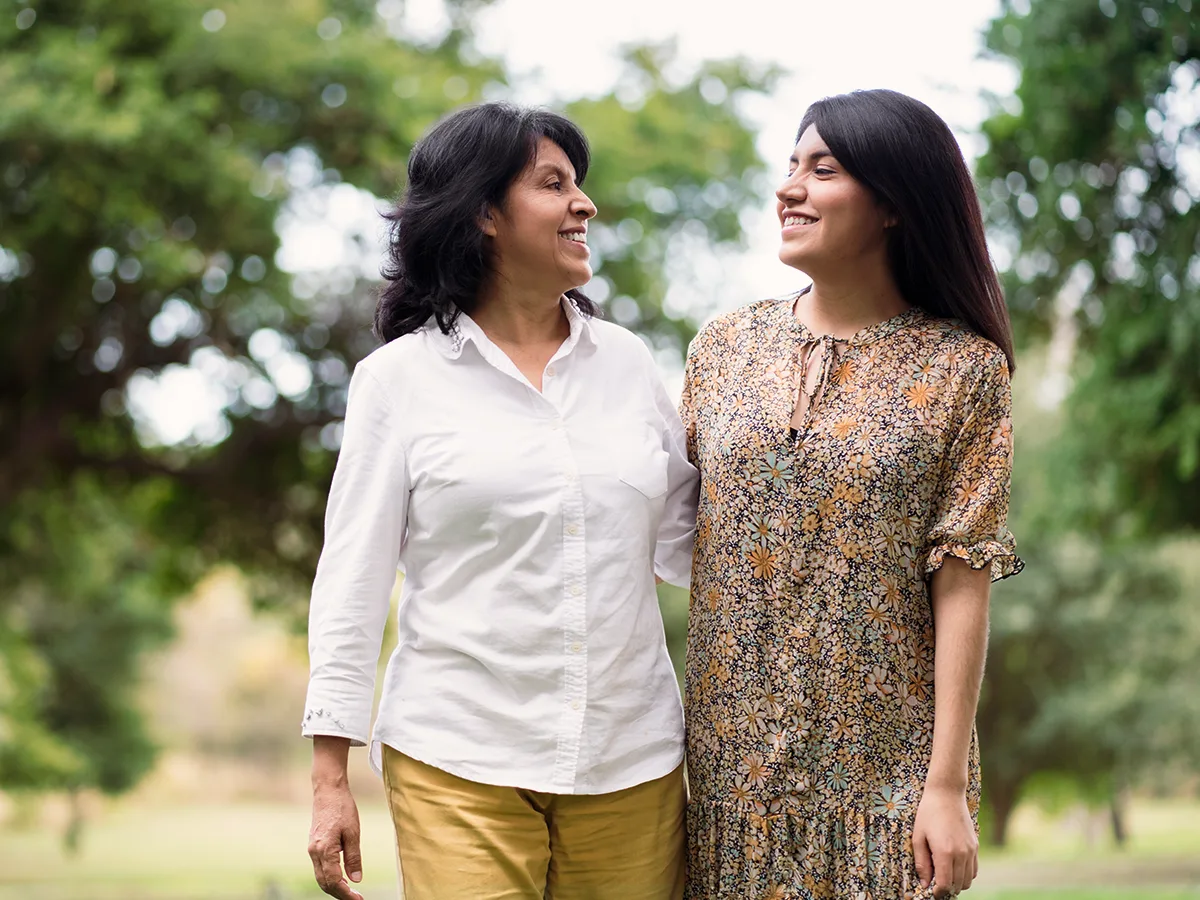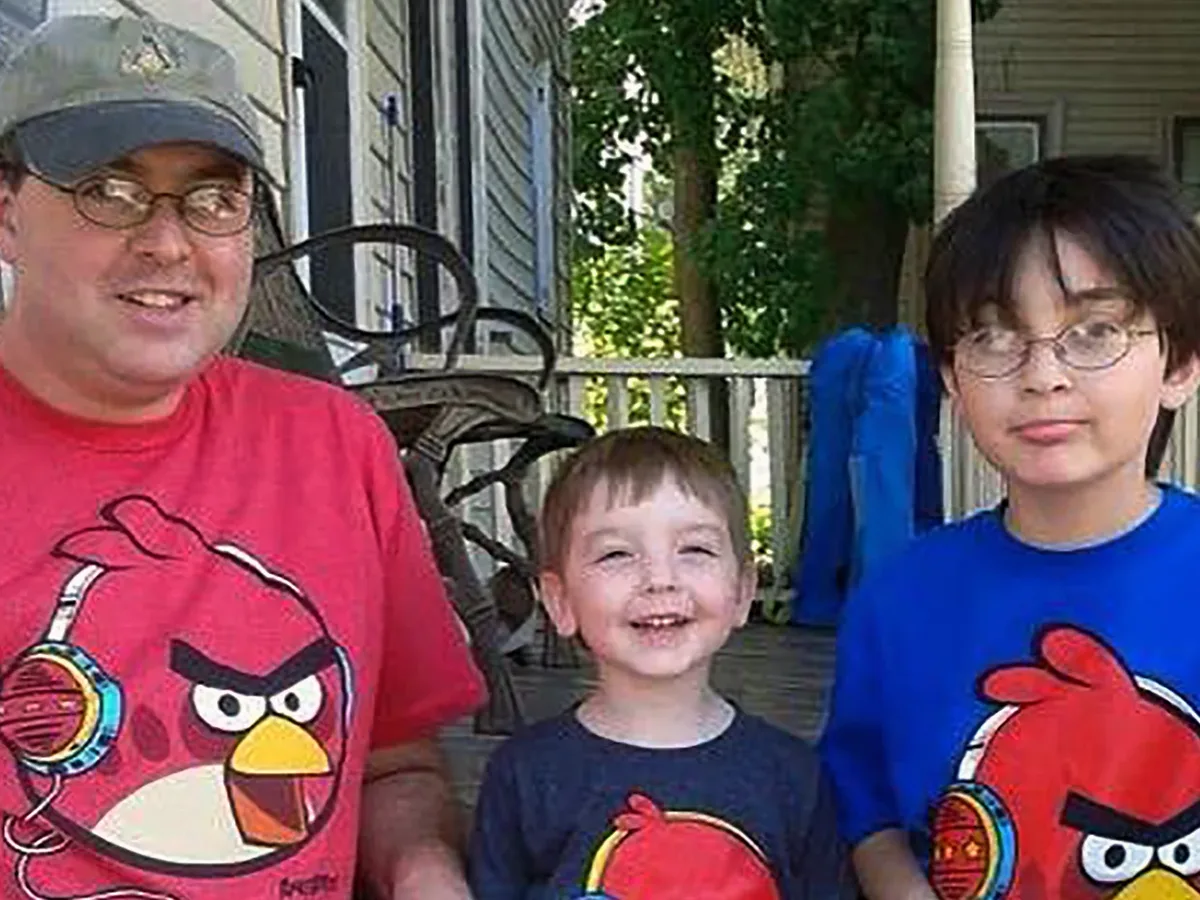What I say to Hispanic parents who feel uncomfortable about ADHD
I spend most of my days working closely with Hispanic parents and their children. As a licensed therapist, I help them identify barriers keeping their children from reaching their full potential at home and at school.
Some families are very open. They welcome any help they can get. Others can be cautious and wary.
A few days ago, I conducted an initial assessment for a 5-year-old boy of Mexican descent. His parents brought him to me because he is defiant, impulsive, hyperactive, and unable to focus. Needless to say, he is struggling at school.
While his teacher says this boy is “very smart,” he isn’t doing well because he doesn’t complete his classwork. She says he spends much of his time “disturbing others.”
I immediately thought he might have attention-deficit hyperactivity disorder. ADHD is often identified when kids are around age 7, but sometimes earlier. It can be challenging to correctly identify ADHD. Many of its symptoms can be mistaken for “typical” childhood development.
I always try to be sensitive when I mention ADHD to parents, because some of them feel ashamed when they hear it.
As I spoke to this boy’s parents, I gently told them that I suspected their child might have ADHD. The parents told me they had heard this before from his pediatrician. Right away, they also made clear they didn’t want their child on medication.
The families I work with are frequently overwhelmed by their child’s behavior. Yet they tell me they don’t want to give their child the kind of “help” that would “change his personality.” They’re usually talking about medication.
While ADHD medication can be a good option for some children, it isn’t the only option. I always make sure that parents know this. Indeed, a big part of my job is to explain to parents their choices and what’s available to them.
Another part of my job is to explore the emotions that come from hearing that a child might be different.
The parents of this 5-year-old were very concerned. They told me they worried because the boy was doing poorly in school. They also said other kids didn’t want to be his friends. They felt embarrassed because his teacher often sends notes home about his “bad behavior.”
As a therapist, I sometimes wish I had magic to make everything instantly better. But I don’t. I could only hear these parents out — and give them information and a bit of my perspective — in the hope that it would help them walk away feeling a little less anxiety and shame.
I told them that they’re not alone. There are many kids who learn differently and who need more support at school. I also told them that there are many successful adults who struggled with learning and thinking differences as children.
I even mentioned some well-known Hispanics with dyslexia, like Salma Hayek and Edward James Olmos. I also pointed out that Mexican taekwondo champion Uriel Adriano has said he has ADHD. And look at how much these people have achieved.
By the end of the assessment, the parents of the boy appeared calm. They told me that they were open to learning about different treatment options. They agreed to come back in a few weeks and said that they felt “better” after hearing the information.
Most importantly, they thanked me for helping them understand they weren’t the only parents facing these issues.





